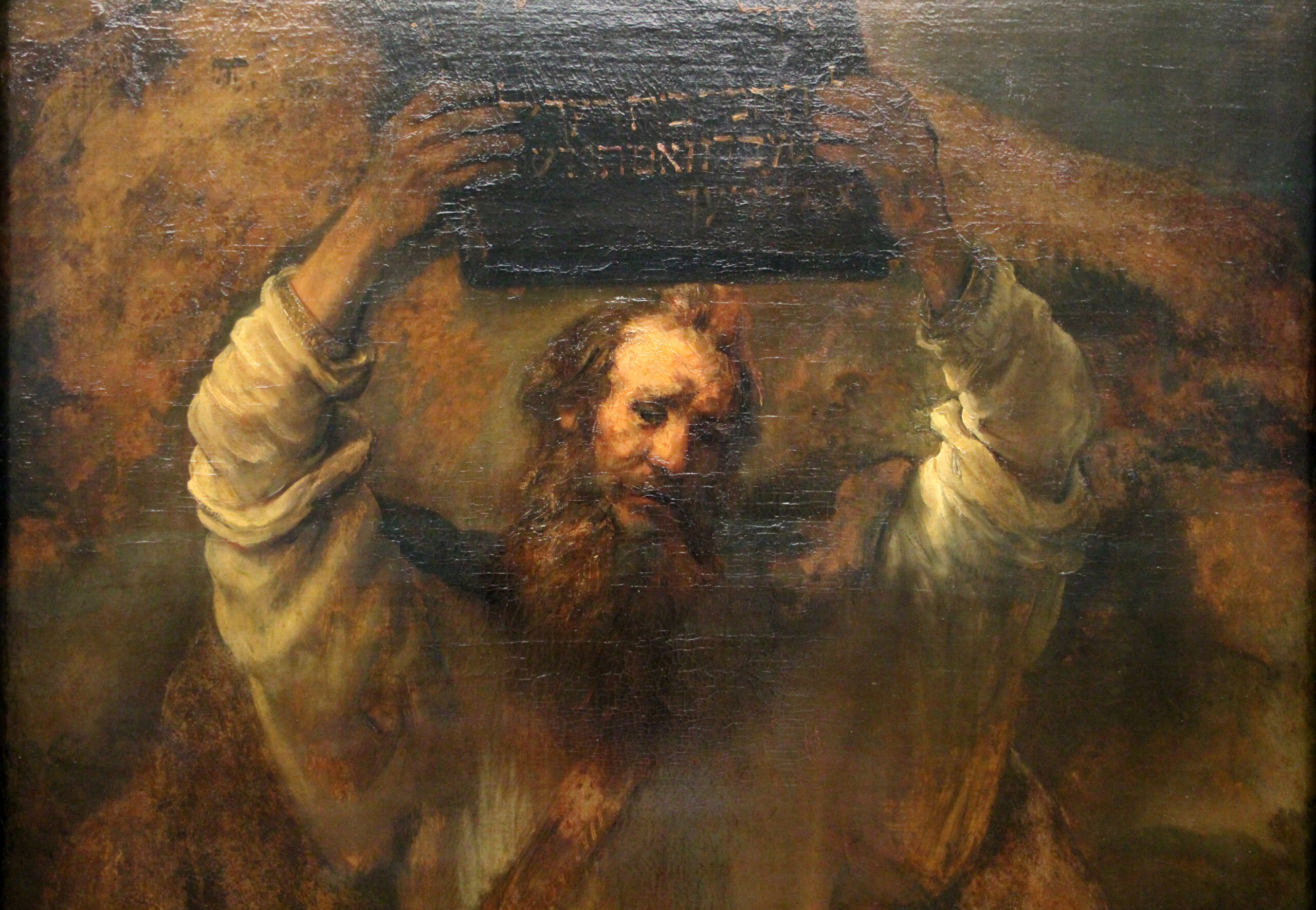
On Monday night, for the first time since before I had children (meaning at least 21 years ago), I went to the opera. Not just any opera, but the premiere of a new production of Verdi’s La Forza del Destino at the Met–a production that lasts four hours and involves a huge cast and elaborate sets. And, because it was opening night, there were a lot of people decked out in their finery. It was a scene.
Yet what made this night so memorable was the singing–and especially that of the soprano, Lise Davidsen, who was making her Met debut in an Italian opera. This was a big deal, as Davidsen, a Norwegian-born star in the opera world, is known for her work in German pieces (Wagner, Strauss). But Italian opera is a different animal, and there was a lot of anticipation about how she would do.
Suffice it to say, she brought down the house–both with her aria before the first intermission and then, most memorably, with her rendition of Pace, pace, mio Dio in the final act. And that was when the moment I’ll never forget unfolded. You see, unlike in virtually any other Western performance art form, opera not only invites the audience to applaud mid-performance, after every solo (jazz does this), but, because it’s a theatrical performance, there’s a pause in the action when that happens (something that doesn’t happen in jazz). While most of the time the applause runs its course and the show goes on, occasionally something magical can happen.
That’s what happened on Monday: Davidsen’s performance was so immediately appreciated and beloved that the audience clapped and clapped, hooped and hollered, yelled “brava!” and “bravissima!” for what seemed like an eternity. Even the conductor and the orchestra started applauding. And Davidsen, trying to remain in character, simply couldn’t ignore it–she ultimately had to break character and acknowledge the reality of the moment with a smile and a hand to the heart. Only then could the performance go on.
It was that breaking character–breaking through the “fourth wall” of the performance–that made the moment indelible in my memory, and probably in that of the several thousand other members of the audience, because it is such a rare thing to witness. Performers and audience alike are so committed to maintaining that imaginary wall; it is a fundamental part of the experience of theater and music, ceremony and ritual. We invest spaces like theaters and symphony halls–and synagogues–with an artifice that allows another world to come into being. When we break that wall, the experience can be jarring, just as it can also be magical.
The story of the Golden Calf is a counterpoint to the story of the construction of the Mishkan that it interrupts. And while its most fundamental lesson, of course, is to be ever mindful of the possibility of idolatry, some of our tradition’s most insightful, even radical, interpretations see significance not only in the people’s construction of the calf, but of Moses’s smashing of the tablets of the law in response. As Rashi, quoting the Talmud, famously says in his very final comment on the Torah at the end of Deuteronomy: “The Holy Blessed One agreed with Moses’s action, as it says, asher shibarta (Ex. 34:1), which implies that God said, ‘Yishar koach,’ Good work breaking the tablets.”
I wonder if we might think of these two breakings–the breaking of the tablets and breaking character/breaking the fourth wall–as partaking of or expressing a related impulse. In the case of Lise Davidsen, the moment demanded that she break the fourth wall in order to acknowledge her own humanity and that of the audience, which wanted to express their love and appreciation for her singing. In the case of Moses as interpreted by the Talmud, the Holy One recognizes that the moment called not for standing on ceremony, but instead for the expression of emotion–disappointment, anger, rage–of Moses’s gesture; or, perhaps, on an even deeper level, the moment called for a lesson that nothing, not even words of Torah written by the finger of God, should become an idol, immune to the realities of the world, and thus the tablets had to be broken.
How do we discern what the moment calls for? That’s one of the reasons we practice. Through our mindfulness, we hopefully become aware of the overt and subtle ways idolatry operates in our hearts and minds: in the things we cling to, in our inability to live with uncertainty, in our stubborn desire to maintain an impermeable, unbreakable fourth wall between the lives we live and the stories we tell ourselves about them.
We don’t seek to break the fourth wall all the time, of course, or even most of the time. In both opera and in Torah, those moments of breaking are meaningful only because they are rare. But I would suggest that one of the reasons we practice is so that we might know when those moments have arrived–and that we might have the courage to break those idols when they do.
Josh’s Friday Reflections
FREE
Every Friday morning, IJS President & CEO Rabbi Josh Feigelson shares a short reflection on the week in preparation for Shabbat. Josh weaves together personal experience, mindfulness practice, and teachings from the weekly Torah portion in a uniquely accessible and powerful way. Sign up to receive Josh’s weekly reflections here.

